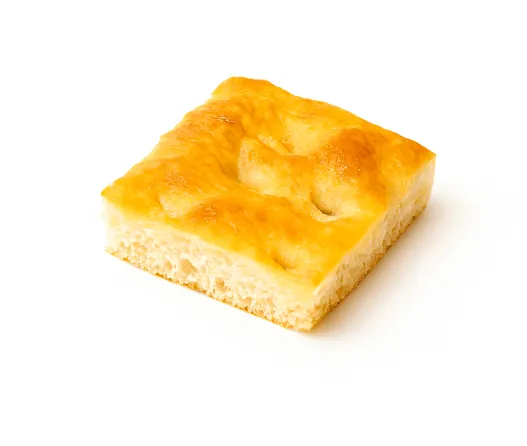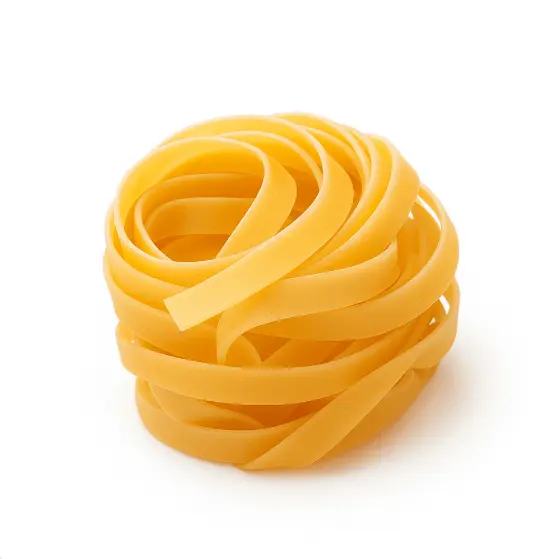 Possessive
Possessive
Lesson twenty-three


Lesson twenty-two
You may have noticed that some Italian verbs end in -si, such as lavarsi, vestirsi, and svegliarsi. These are called reflexive verbs (verbi riflessivi), and they are an essential part of everyday Italian because they often describe actions that people do to themselves.
A verb is reflexive when the subject and the object of the action are the same, in other words, when someone is doing something to themselves. This means the action reflects back on the person performing it.
In English, we make verbs reflexive by using words like myself, yourself, himself, etc. For example: I wash myself is reflexive, while I wash the car is not reflexive, because the action affects something else.
Many Italian verbs can be either reflexive or non-reflexive, depending on the context. Paying attention to pronouns and the ending -si will help you identify them.
Reflexive verbs are conjugated just like regular verbs, but you must include the reflexive pronoun in front of the verb. The -si ending is removed and replaced by the correct pronoun according to the subject:
| Subject | Reflexive Pronoun |
|---|---|
| io | mi (myself) |
| tu | ti (yourself) |
| lui/lei | si (himself/herself) |
| Lei | si (yourself – formal) |
| noi | ci (ourselves) |
| voi | vi (yourselves) |
| loro | si (themselves) |
Io mi lavo
I wash myself
Tu ti lavi
You wash yourself
Lui/Lei si lava
He/She washes himself/herself
Noi ci laviamo
We wash ourselves
Voi vi lavate
You all wash yourselves
Loro si lavano
They wash themselves
Many Italian verbs can change meaning depending on whether they are reflexive or not. Reflexive forms usually describe actions you do to yourself, while non-reflexive forms are used when acting on others or objects.
Devo lavare questi vestiti.
I need to wash these clothes.
Giovanni lava la macchina.
Giovanni washes the car.
Mi lavo la faccia.
I wash my face.
Mi lavo prima di andare al lavoro.
I wash before going to work.
Ho messo il vestito nell’armadio.
I put the dress in the wardrobe.
Mi metto una giacca.
I put on a jacket.
Stasera mi metterò questo vestito.
Tonight, I’ll wear this dress.
La madre ha svegliato il bambino.
The mother woke the child.
Mi sono svegliata alle sette.
I woke up at seven.
Odio svegliarmi presto.
I hate waking up early.
To make reflexive verbs negative, simply place non before the reflexive pronoun. This is important because the pronoun must stay directly before the verb:
Non mi sento bene.
I don’t feel well.
Non mi sono svegliata presto.
I didn’t wake up early.
Ieri sera non mi sono divertita.
Last night, I didn’t have fun.
Oggi non mi sono truccata.
Today, I didn’t put on makeup.
When a reflexive verb appears with another conjugated verb like volere, potere, or dovere, the reflexive pronoun can either go before the conjugated verb or be attached to the infinitive.
Before the conjugated verb
Non mi voglio alzare.
I don’t want to get up.
Or attached to the infinitive
Non voglio alzarmi.
I don’t want to get up.
Both forms are correct and commonly used. This flexibility allows for emphasis or smoother speech.
Non so cosa mi mettere per il matrimonio.
I don’t know what to wear for the wedding.
Non so cosa mettermi per il matrimonio.
I don’t know what to wear for the wedding.
Non ti preoccupare, Non preoccuparti.
Don’t worry.
Puoi fidarti di me, Ti puoi fidare di me.
You can trust me.
The reflexive pronouns ci, vi, and si can also express a reciprocal action, meaning each other or one another. This is common when describing relationships or interactions.
Io e Nicola ci vogliamo bene.
Nicola and I love each other.
Lui e Nicola si vogliono bene.
He and Nicola love each other.
Io e lei non ci parliamo da mesi.
She and I haven’t spoken for months.
Lui e lei non si parlano da mesi.
They haven’t spoken to each other in months.
Sometimes, Italians use reflexive pronouns with verbs that aren’t normally reflexive just to add emphasis or a personal touch. This is common in casual conversation.
Mi mangio una pizza.
I’m really having a pizza.
Ci siamo visti un film.
We watched a movie ourselves.
Mi sono fatta una passeggiata in centro.
I took a walk downtown.
Ci beviamo qualcosa al bar?
Shall we grab a drink at the bar?
Reflexive verbs (verbi riflessivi) are an important part of Italian grammar. They indicate that the subject and the object of an action are the same. To conjugate them, use reflexive pronouns (mi, ti, si, ci, vi, si) and remember that the -si ending is dropped. They can be negative, used with modal verbs, express reciprocal actions (each other), or even add emphasis in casual speech. Understanding reflexive verbs will help you speak more naturally and describe daily routines, emotions, and personal actions in Italian.
 Possessive
Possessive
Lesson twenty-three
 Mi piace
Mi piace
Lesson twenty-four
 Object pronouns
Object pronouns
Lesson twenty-five
 Indirect object pronouns
Indirect object pronouns
Lesson twenty-six
 Passato prossimo
Passato prossimo
Lesson twenty-seven
 Imperfetto
Imperfetto
Lesson twenty-eight